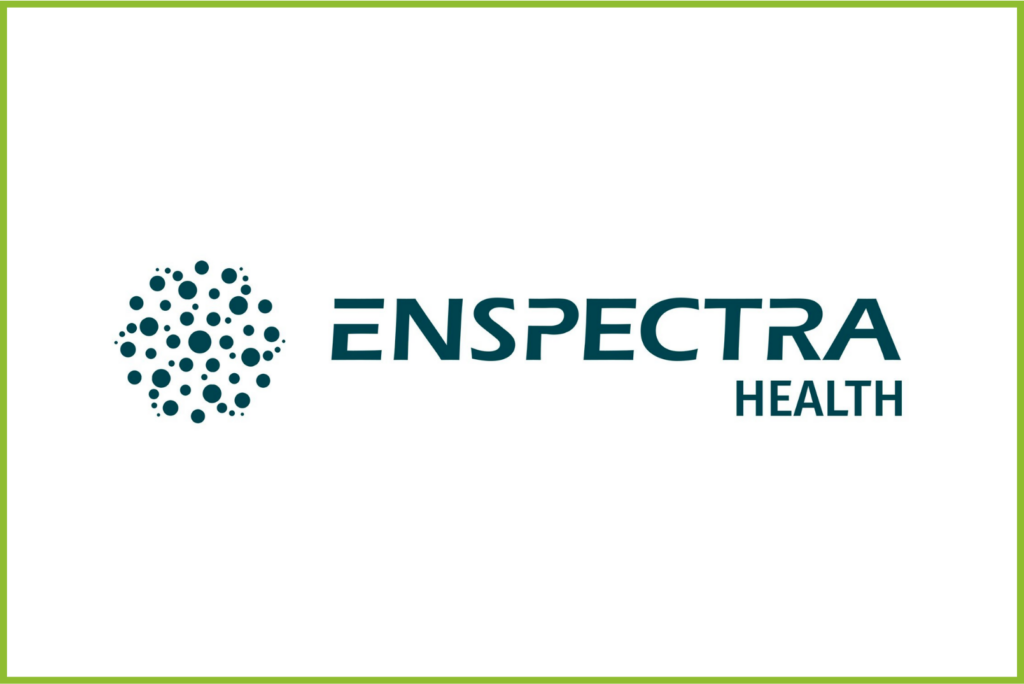Enspectra Health, a 2018 Rosenman Innovator and 2022 UCSF Rosenman RISE company pioneering the virtual biopsy, was awarded a $2M grant from the NIH to advance predictive algorithms for skin precancers. This significant investment underscores the potential impact of their research in revolutionizing lesion detection. By harnessing the power of AI and predictive technology, Enspectra Health aims to enhance early diagnosis to advance patient care.
From the press release:
MOUNTAIN VIEW, Calif., July 19, 2023 /PRNewswire/ — Enspectra Health, a healthtech company pioneering the virtual biopsy, has been awarded $2M in grant funding from the National Cancer Institute (NCI), part of the National Institutes of Health, through the Small Business Innovation Research (SBIR) Program. The funding will support research for developing deep learning algorithms to predict which precancerous lesions, Actinic Keratosis (AK), are likely to progress to squamous cell carcinoma (SCC), a form of non-melanoma skin cancer. AKs affect more than 58 million Americans1 and can progress to SCC, which kills more Americans than melanoma each year.2 The annual cost of treating non-melanoma skin cancers in the U.S. is estimated to be $4.8 billion.
Enspectra’s innovative technology combines reflectance confocal and multiphoton laser scanning microscopy, resulting in high resolution images of cellular anatomy without the need for a biopsy. Unlike slide based scanners that require biopsies for digitization, Enspectra’s technology digitizes pathology instantaneously and directly from a subject’s skin in vivo. This capability can redefine the way numerous skin conditions are evaluated and treated.
With the NCI grant, Enspectra will build a large database of digital histopathology on patients with AKs before topical therapy is applied. These subjects will then be followed through the course of their treatment to identify non-responders. AKs that do not respond to therapy are more likely to progress to SCC and present a higher clinical risk. Utilizing multimodal data from its novel imaging platform, Enspectra will train a deep learning algorithm intended to predict which AKs would be unresponsive to treatment based on the noninvasive images.
“We are thrilled to have been awarded a Direct-to-Phase II SBIR grant from the NCI to support the development of predictive algorithms for skin precancers,” said Gabriel Sanchez, Ph.D., CEO and co-founder of Enspectra Health. “This grant will accelerate our vision to noninvasively detect and monitor skin conditions earlier to advance care for the millions of patients with skin conditions.”
